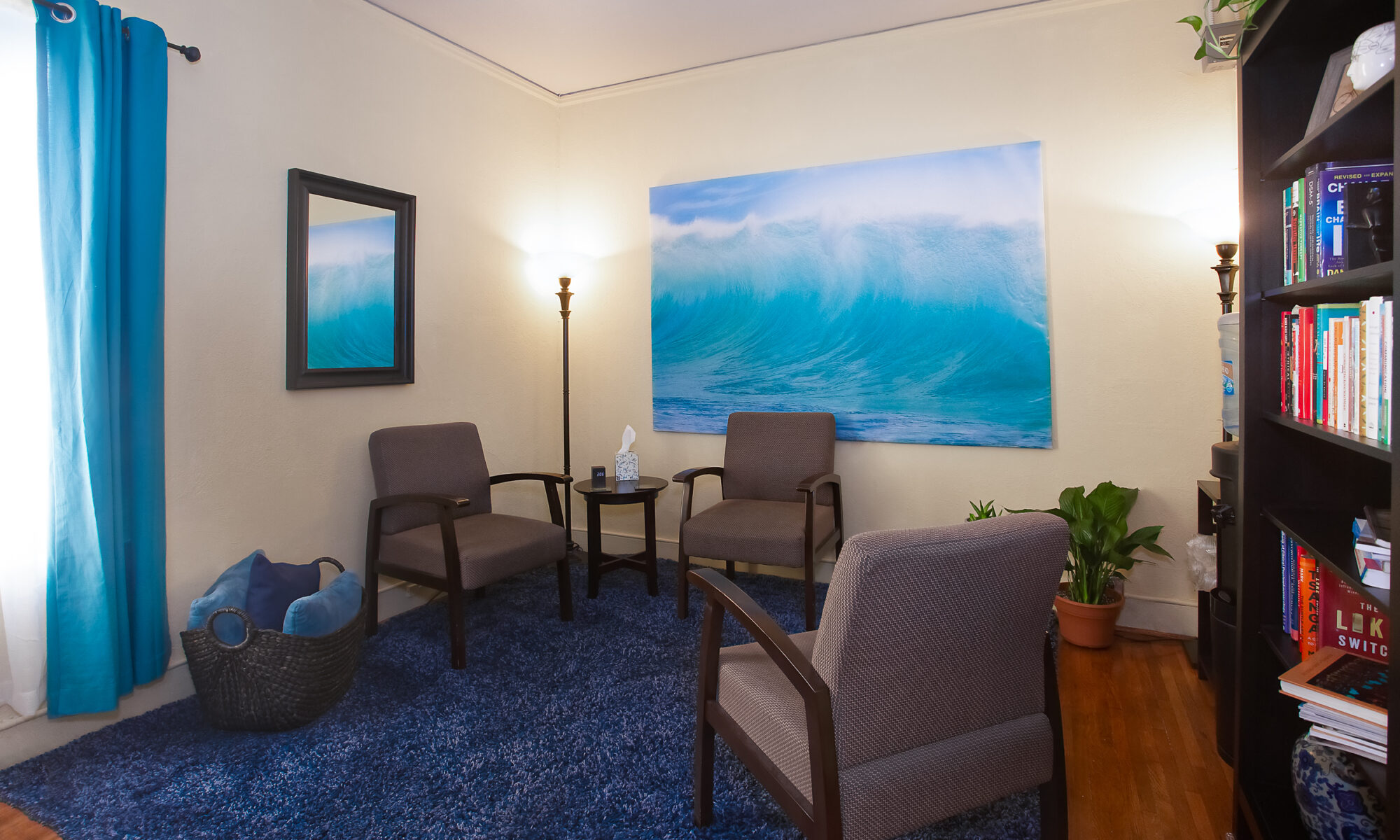
Love can influence us to do all kinds of crazy things, can’t it? In the best case scenario, love motivates us to move outside our comfort zones into areas that feed emotional, spiritual, mental, and physical development. And in the worst case it can fuel our desire to hurt, injure, or destroy another, or even ourselves.
I am particularly interested in love when it causes couples to marry, because married couples, often those who are no longer “drunk” on love, are the majority of my therapy clients. They enter my office feeling betrayed by love and by each other, wondering if they can ever trust their feelings again.
How can love, such a welcoming and powerful host, “abandon” us once we accept its enticing invitation? How is it that love can, over time, peel back the illusion to reveal a partner who is not who we thought they were?
Well, it is my assertion that love does not do these things, rather, it is our conditioned way of thinking about love that creates these thoughts. Real love, when practiced regularly, does not sneakily reveal uncomfortable truths about our partner. It instead can show us layers we did not know were there–levels of history and experience that continue to be molded and reinterpreted. Real love reveals not lies or flaws, but vulnerability, which is essential to creating closeness, trust, and safety.
What does this have to do with whether or not a couple should marry? It has everything to do with it! Couples have the option of marrying for reasons that, over time, either work or don’t work, but I notice they often find themselves in the latter position, sadly. Fortunately this outcome is preventable. There are a lot of different reasons why a couple “should” get married, but I intend to highlight the one reason I have found that leads couples to real love over time.
***
Remember that “new love” feeling? The endless energy and interest, the aliveness, the skin that feels extra sensitive, the mouth that tastes more, the eyes that see brighter colors. That is a fantastic feeling, but the truth is that it ain’t love! It is real, just not real love. It is the powerful process of bonding, and all the feelings that go along with that, without which we might never find a mate.
Many successful marriages have used these feelings as reason enough to wed, and to be honest, they can result in a successful marriage over time. But it is not the feelings that created success; it was the couple’s willingness to move past them into differentiation, and eventually, genuine interest in, and respect for, each other’s differences.
What motivates that interest and respect? Well, if you think about your own life, what is it that makes you interested in someone? Usually, we are drawn to those whom we admire, find attractive, are curious about, who make us laugh or stimulate us intellectually. We are also drawn to people around whom we feel good about ourselves.
So if it ain’t love, then what might we call this feeling that bounces between individuals? I call it potential.
We feel the potential of what we can become, individually and together, how alive we can feel, and how much we want to be engaged with another and the world. Couples sometimes choose to marry because of this potential, only to see it wilt on the vine after a number of years. This does not always mean they should not have married. The feeling of potential is not an illusion, but it also not a guarantee of outcome. Potential leads to nothing unless action is regularly taken on it.
What I will assert is that feelings of new love invite us to experience the potential of a better self, but what ultimately determines if we should or shouldn’t marry is whether or not we accept, and then act on, that invitation.
***
You know how, if you were lucky, your parents used to make you feel like the most important person in the world? You weren’t that, of course, but it sure felt good to be treated this way. What your parents were inviting you to experience was your potential, believe it or not. You thought you were the most important person in the world, whereas they thought that you could be.
Regarding adult relationships, new love also makes us feel like the most important person in the world for a time, but in reality it is an invitation to become something more. More what? More loving, more patient, more fun, more spontaneous, more compassionate, more understanding. more passionate, more sexual, more curious, more humble.
The reason this invitation is so enticing is because when we succeed in becoming more of these things, we are living “the good life”. One definition of the good life I like is that it is “having better problems” (Thank you, Mark Manson). A more romantic definition of it is that in the good life we are better versions of ourselves.
If you are in a relationship where you hate how you are showing up, you have a choice: you can work on the relationship or you can get out of it. Working on the relationship, with the skilled guidance of a trained couples therapist, will reveal if the relationship is a good or bad fit. The good news is that most relationships are a good fit, the partners just don’t know where they fit together. It is in the coming together where our potential can be acted upon and realized.
And this brings us back to the most important reason, in my mind, why one should get married to their partner. Because being with them constantly inspires you to be better. This reason supersedes sexual attraction (which can fade) and compatibility (which is a myth). If you find a person whose very presence in your life challenges and motivates you to be better, every day, who inspires you to be the version of yourself your potential has always hinted at, then marry them. That is not just a commitment to another, it is also a commitment to living a good life.





